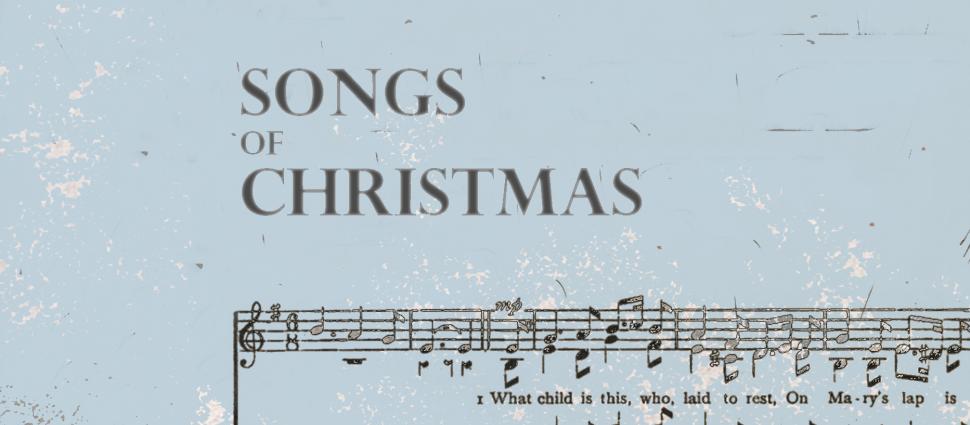The Whole Gospel in the Songs of Christmas (Part 2)

In the previous post, we began to consider the gospel content of some Christmas carols. Again, it is important to remember that some of the best Christmas carols not only speak of Jesus as the child in the manger, but also the gospel reason for why the Christ had to come—the presence of sin that cannot be satisfied but through the peace that comes from the blood of the cross. Jesus did not come to be a sweet child but as the Word made flesh, the bruised and broken sacrifice, the conqueror of death by death, and the ascended Lord at the right hand of the Father. Following are some other wonderfully rich lyrics for the season of Christmas. “Savior of the Nations, Come” is a hymn written by Ambrose of Milan around 397 (Veni Redemptor gentium) which was translated from Latin to German by Martin Luther in 1523 and then translated from German to English by William M. Reynolds in 1851.
The sinless and undefiled Son of God came as the Savior of the nations who has taken death and hell captive and has won victory over sin.
The very familiar carol “Angels from the Realms of Glory” has two unfamiliar verses which speak directly of the call of mercy and the light of Christ for all nations. The original verse five and six by James Montgomery from 1816 say the following:
“Hark! the Herald Angels Sing” by Charles Wesley also has a couple of unfamiliar verses that take the gospel message of the earlier verses and applies that to union with Christ and to justification and sanctification.
Hark! the herald angels sing, “Glory to the newborn King!”
Finally, “Good Christian Men, Rejoice!” is about the purpose of the Incarnation in bringing salvation. Heinrich Suso (?-1366) wrote this hymn which was then translated from Latin to English by John Mason Neale in 1853. The lyrics center around rejoicing and the reason for rejoicing—the coming of Christ in order to save His people. From the first stanza we hear of the news of the Incarnation. Stanza two speaks of the joy to come in being reconciled to God and the now-opened door of heaven. The third stanza rejoices in the Peace that Christ brings that conquers the fear of the death and the grave for He was born to save!





